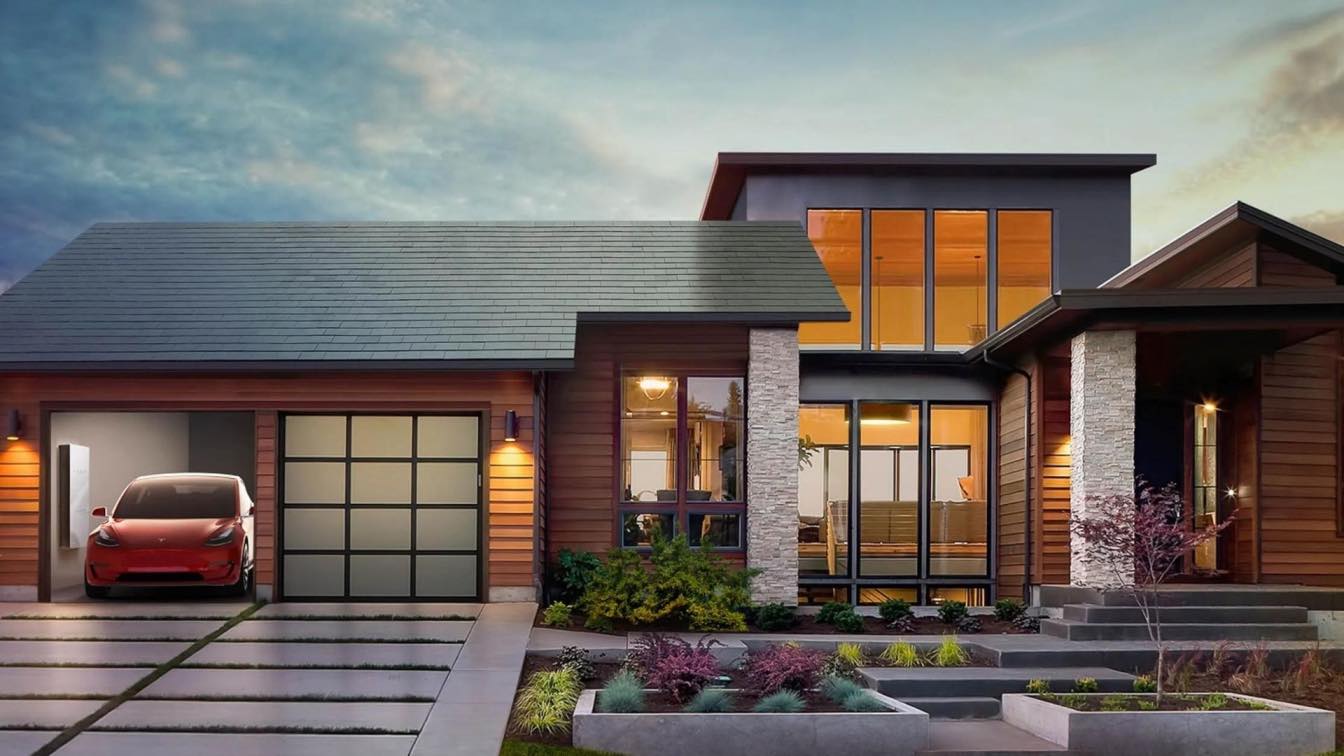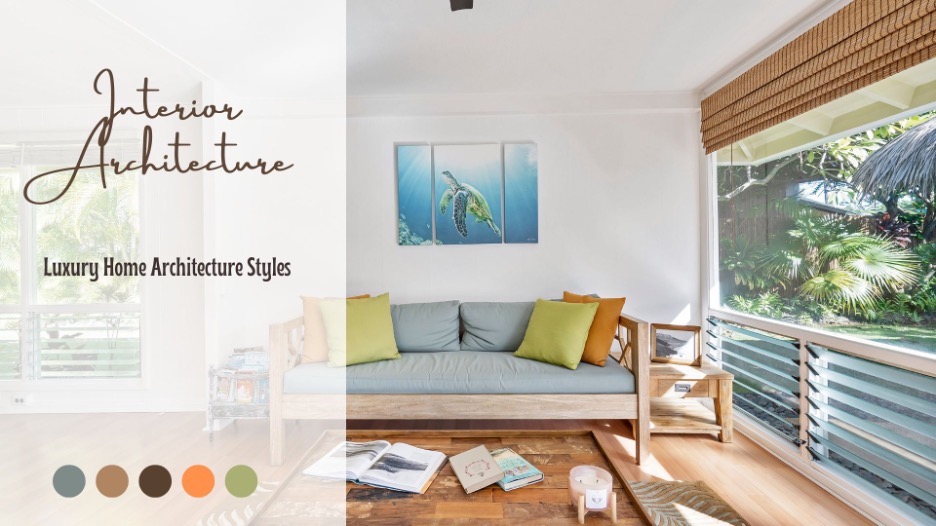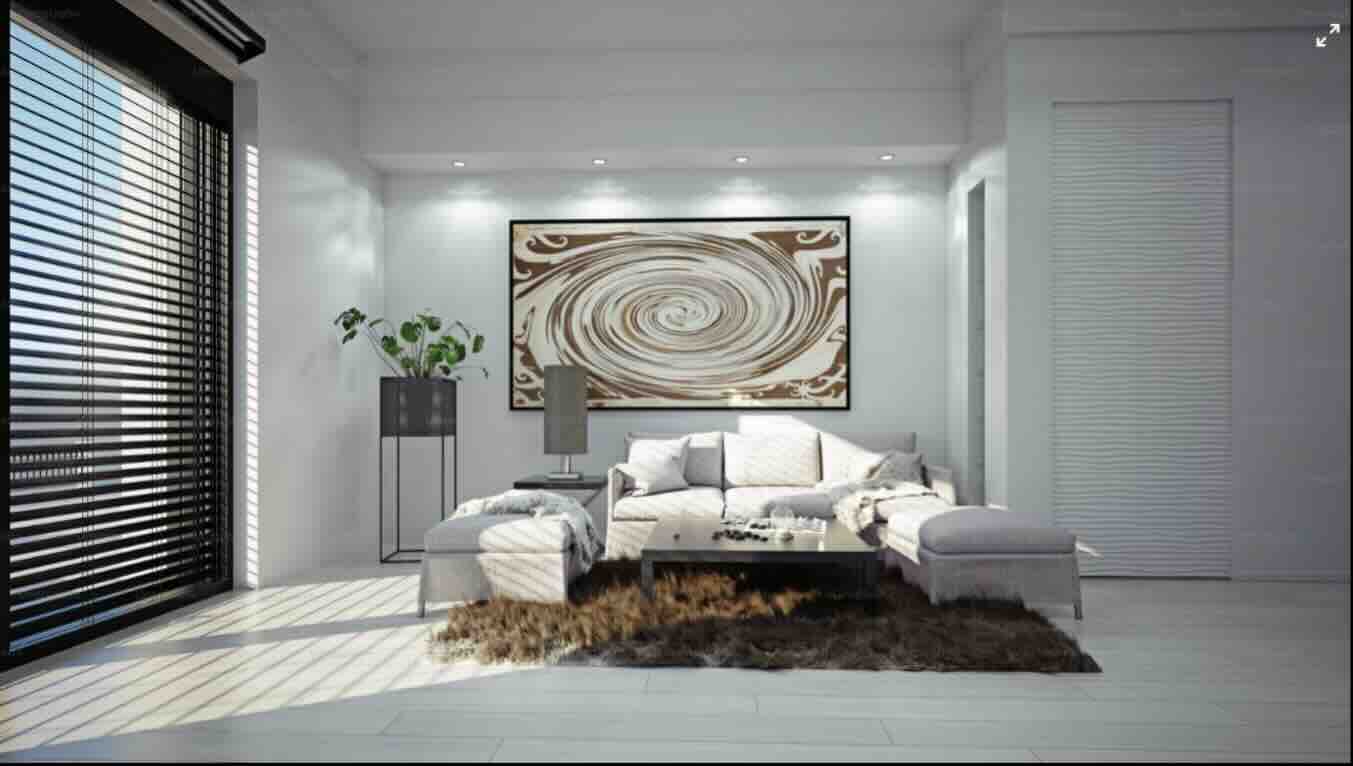Imagine you're tasked with designing a property - a responsibility not to be taken lightly. Everything needs to be just right, from the aesthetic elements right through to the functional systems. But among all these considerations, one stands out as particularly crucial - the HVAC system.
Reliable heating and air conditioning are more than mere luxuries; they're necessities for occupant comfort. As we navigate through this article together, we'll explore different types of HVAC systems and uncover which might be best for your design project.
But before that, how do you keep your HVAC system running efficiently?
How to Keep the HVAC System Running Efficiently
Ensuring the efficiency of your HVAC system goes beyond selecting the ideal type; it's about continuous care and effective use of your chosen system. Regular maintenance is crucial, including frequent filter changes and seasonal tune-ups done by professionals.
Besides general maintenance, you should also consider how to maximize your system’s performance through strategic usage. This might involve installing a programmable thermostat or taking advantage of off-peak hours.
If we consider more sophisticated methods, implementing a field service management software can be extremely beneficial. It assists with scheduling regular servicing and identifying potential problems before they escalate into costly major repairs or replacements.
With the right care and tactics in place, you can prolong the life of your HVAC system.
5 Different Types of HVAC Systems
1. Central Heating and Cooling Systems
Ideal for larger properties or buildings with multiple rooms, central heating and cooling systems deliver a solution for comprehensive climate control. Operating through a network of ducts running throughout the property, these systems can efficiently regulate temperature and maintain comfort in every room.
Central HVAC systems are commonly found in various settings including residential homes, commercial offices, hotels, and educational institutions. They provide uniform temperatures throughout large spaces, making it ideal for big families or businesses with several different departments.
So if you’re designing a spacious property - perhaps a large family home or an office complex - then Central Heating and Cooling Systems could serve as an efficient choice in providing balanced temperature regulations.
If you are located in Denver, be sure to find the best local HVAC contractor Denver Colorado has to offer to ensure your system is installed and maintained properly. A qualified contractor will help you optimize efficiency, reduce energy costs, and extend the lifespan of your HVAC system.
2. Duct-Free Split Systems
Duct-free split systems (also known as mini-split systems) are a great solution if you're designing a smaller space or adding to an existing property where extending ductwork might not be feasible. These units consist of an outdoor compressor and one or more indoor air-handling units, joined by conduit.
Unlike central systems, duct-free split units provide the flexibility to control the temperature for each room individually. This unique feature can assist in saving energy if rooms are unoccupied for longer periods throughout the day.
From single-room offices to apartment buildings, duct-free split systems offer efficiency without requiring an elaborate network of ducts. They provide an excellent solution when dealing with structural limitations or aiming for individualized climate control.
3. Heat Pumps
When designing a property in a moderate climate, consider the inclusion of heat pumps as an economical solution. Heat pumps provide both cooling and heating to your property, making them a perfect year-round system.
They function by transferring heat rather than generating it, resulting in considerably less energy usage. There are different variants available like air-to-air, water source, or geothermal — each suiting different site conditions.
This form of HVAC system is ideal for properties situated in areas with milder winters and moderate summers such as coastal regions. Also, urban houses or suburban homes with sufficient land space can effectively accommodate the needs of a heat pump's installation.
4. Radiant Heating Systems
Radiant heating systems, which work by directly heating the walls, floors, or ceiling of the property, are an excellent choice when designing spaces that require targeted heat distribution. One of radiant heat’s advantages is its silent and uniform delivery, providing steady warmth without the drafts associated with forced air systems.
This type of system can be found in two main forms - electric radiant heat and hydronic (liquid) systems. While electric models may be more appropriate for additions to existing buildings, hydronic radiant heating is considered to be more efficient and suitable for new builds or during major renovations.
Properties such as luxury homes, high-end hotels, or even commercial settings like shopping malls often opt for this restful and consistent form of heating. If you want to make studio apartments more liveable, for instance, think about how nice it would be to have radiant underfloor heating to provide a welcome touch of warmth on chilly mornings.
5. Hybrid HVAC Systems
Hybrid HVAC systems, sometimes known as dual-fuel systems, are a fantastic compromise for designers aiming to maximize both cost-efficiency and energy conservation. Incorporating the strengths of a furnace and a heat pump, these systems can switch between gas power (for excessively cold weather) and electric power (during moderate temperatures), giving you control over your energy use.
These advanced HVAC setups are brilliant for residential properties in regions with fluctuating weather conditions. Homeowners especially appreciate this system's flexibility and its ability to reduce greenhouse gas emissions.
If planning homes in suburban neighborhoods where both space and budget allow for higher upfront equipment costs for long-term savings, the hybrid HVAC system presents an innovative, environmentally friendly choice that pays off over time.
Navigating Towards Comfort: The Final Word on HVAC Systems
The selection of an apt HVAC system can considerably influence a property's comfort levels, energy use, and long-term financial implications. As you navigate the course of your design project, remember that choosing the ideal system isn't always about opting for the priciest or newest on the market.
Rather, it involves understanding your property's unique requirements and finding a system that reliably meets those needs. Remember, the greatest reward is designing a property residents feel happy to call home.





